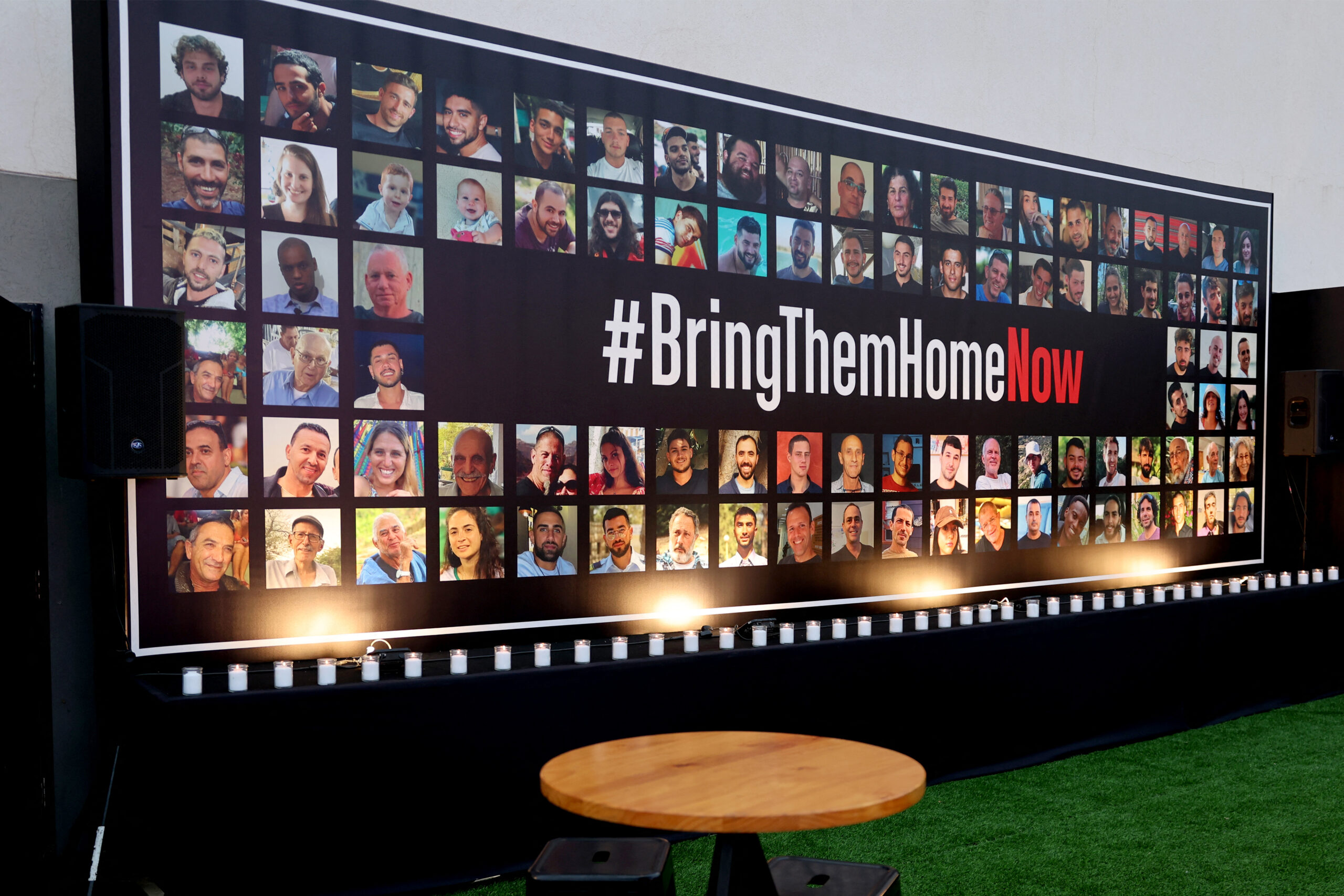- October 9, 2024
One year after Oct. 7 terror, families still wait

Andres Oppenheimer
The father of two Israeli hostages who were abducted by the Hamas terrorist group on Oct. 7 last year told me a sad truth when I interviewed him a few days ago: Much of the world has forgotten about the plight of the Israeli civilians who remain captive by their kidnappers in Gaza.
Indeed, the news about the hostages has long been eclipsed by the headlines about Israel’s massive military counter-attack against Hamas. But nearly 100 of the more than 250 Israeli hostages taken during the Oct. 7, 2023 Hamas attack on Israel may still be alive, according to Israeli military sources, and their release could be crucial for a ceasefire agreement between Israel and Hamas in Gaza.
Itzik Horn, an Argentine-born Israeli and father of two of the hostages, told me that he doesn’t know whether his two sons are dead or alive. And with the ongoing war in Gaza, Israel’s military incursion into Lebanon to destroy Hezbollah terrorist bases and Iran’s attack on Israel, Horn laments that “the hostages issue is disappearing from the front pages.”
Referring to last week’s opening of the United Nations General Assembly in New York, he told me that “there are heads of state who talked at the U.N. (about Gaza) and didn’t even mention the hostages.”
In Israel, the return of the hostages is a key priority. Almost every Israeli has a direct or indirect connection with somebody who was abducted by Hamas during the Oct. 7 attack. In a country of only 9.6 million, Israel’s hostages represent about 26 hostages per million inhabitants. To put that figure in context, it would be the equivalent of 8,600 people being taken hostage in the United States, 3,400 in Mexico, 1,200 in Spain and 1,100 in Argentina.
Most of those abducted by Hamas in Israel were civilians who lived in kibbutzim, or collective farms, near the border with Gaza. Ironically, many of the people living there are left-leaning immigrants who advocated for a Palestinian state living side by side in peace with Israel.
Horn’s two missing sons, Iair and Eitan, were at the Niz-Or kibbutz when they were kidnapped. Neither of them were soldiers, or were armed, Horn told me. Iair lived there, worked at a bar and was in charge of organizing parties there, while his younger brother was visiting with him during a Jewish holiday the night of their abduction.
“Most of those kidnapped are civilians who were taken from their homes, from their beds, many of them in pajamas, barefooted,” Horn told me. “The Hamas attackers killed, burned, raped, did all kinds of atrocities you can think of, even to babies. And in addition to that, they kidnapped people.”
Nearly 1,200 Israelis, most of them unarmed civilians, were killed by the Hamas gunmen that night, including 250 young people who were attending an alternative music festival.
That represents 125 deaths per million Israeli inhabitants, which would be the equivalent of about 42,000 people killed in the United States. That’s many times more than the 2,977 people who were killed in the Sept. 11, 2001 terrorist attack, which led to the U.S. invasions of Iraq and Afghanistan.
Toward the end of our interview by Zoom, I asked Horn about a sign with the handwritten number 365 that he was wearing on his shirt. He said it’s the number of days that will have passed on Oct. 7 without him having seen or heard from his two kidnapped sons.
“We are counting every day in which our relatives are in the hands of Hamas,” Horn told me. “And we are approaching day 365. “
On the first anniversary of the attack, as the world is focusing on the wars in Gaza, Lebanon and Iran, we should not forget about the Israeli hostages. Whatever you think about the scope of Israel’s military response to the Hamas attack, if the world doesn’t forcefully demand the hostages’ prompt liberation, we will be helping normalize terrorism and hostage-taking everywhere.

